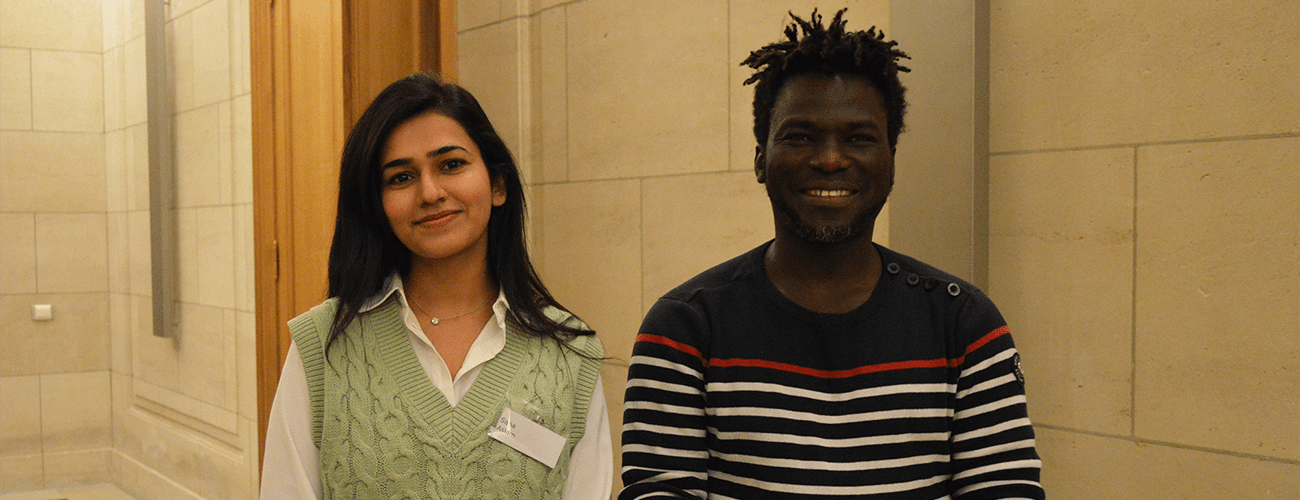Destiny Program: the future of the EU battery industry
DESTINY stands for Doctorate program on Emerging Battery Storage Technologies Inspiring Young Scientists. The vision of the program is of inventing the sustainable batteries of the future, providing European industry with disruptive technologies and a competitive edge throughout the battery value chain. The 5 years project, coordinated from Amiens, France, by the CNRS, trains 50 PhDs to develop processes, models, methodologies and materials, and is co-funded by the European Commission and 42 other partners, including Umicore (EU Marie Curie PhD-Cofund).
We decided to contribute and support with the grant of several PhD students within the DESTINY program because we see it as a key opportunity and of key importance to progress and collaborate on the development of battery ecosystems in Europe and support academia to advance in battery research. We believe that collaborative programs and open innovation initiatives like this one leads us to better understand, develop and advance together on battery materials and systems.
Recently, the 26 students of Cohort#1, from all over the world and undertaking their PhD in Europe within the DESTINY program came to our headquarters in Brussels for a DESTINY training activity and we challenged them. Rather than setting a very technical training we wanted the focus to be on the market opportunities for the technology in which they were researching. “We divided the students into different groups working on different battery topics with the end goal to prepare a pitch presentation and convince potential decision-makers to invest on their research project.” shared Jérémie Auvergniot, Open Innovation Manager at Umicore. As PhD students are often very focused on specific and deep technical fields, and less exposed to the market viewpoint, such trainings can be interesting for them in order to understand how they can contribute to market needs. “This kind of trainings gives students some insights on the broader picture and puts them out of their comfort zone” continued Jérémie.
The different groups had a Umicore mentor appointed to them to listen to their ideas, challenge them and be challenged.

“It is a great initiative from Umicore to work with PhD students, I am already impressed with the work they’ve already done. The quality of research is amazing and being able to share our passion for technology and innovation is a great opportunity”.
Godwill Bancole,
mentor and Head of Incubator at Umicore
On the other hand, Sana Aslam, one of the PhD students that works closely with Umicore stated: “What I value most is the progress I see in myself and the learnings on how much we can contribute to climate change through clean technologies and recycling. We are so focused on research that it’s an eye opener to see how our work can be translated into the industry, from the labs to the market”.
On the last day of the training, we gave the students the opportunity to visit our industrial site in Olen, Belgium, where they visited several labs focused on battery and recycling activities, and got to exchange with Umicore experts along the way. We look forward to continue in constantly expanding our external collaboration network.




